Did the government achieve its target of 100,000 tests by 30 April? A third of these were not executed by health officials at test sites, mobile or fixed, but were home tests dispatched for self-sampling. The target of 100,000 was set for daily testing, not capacity for testing but actual completed tests so it is arguable this wasn’t met. The government is keen to provide reassuring statistics, but it also counted one pair of surgical gloves as two items of PPE.
Why does this matter? We’ve already learnt that measuring deaths during the pandemic is not straightforward, although end of life should indisputable. A fortnight ago only hospital deaths were being recorded and not those in the wider community and especially care homes. We also learnt that many death certificates don’t mention the virus if no test for it was carried out in advance. China, Germany and Italy have all acknowledged that Covid-19 deaths were probably much higher than recorded due to an absence of testing and subsequent misdiagnosis of cause of death.
Government figures cannot always be trusted especially where public safety is an issue or where data collection is compromised. Crime figures published by the Home Office are collected by the police, who are also charged with combatting and reducing crime. Employment figures are recorded by the Department of Work and Pensions (DWP) which is charged with reducing the cost of supporting the unemployed and sick as humanely as possible. In a sense the government has a vested interest in under-reporting both crime and unemployment.
Crime figures are compromised because the police can decide in the first place whether or not to record a crime. Vandalism and petty crime tend to go under-recorded with police resources focused on violent crime and investigating assaults. Consequently critics claim the police set and mark their own homework. Why bother to raise the level of recorded crime if this ultimately lowers the detection or conviction rate on which you are judged?
Unemployment figures are based on the number of people claiming Job Seeker’s Allowance (JSA) but not everyone out of work claims JSA. There are many reasons: the person may not need JSA because they have enough money, they may feel uncomfortable with surrendering personal information in exchange for benefits, or they may simply feel intimidated by state authority. Real unemployment is probably much higher than stated by the DWP, always keen to minimise benefit payments.
This is not to say that a government deliberately misleads the public, but if it wants to maintain trust among the electorate, then it needs to declare where it has an interest or ‘skin in the game’. The Office of National Statistics (ONS) is a more objective body, but its figures tend to come out later, when the political agenda has moved on. For example after seven weeks of lockdown we now discover that our borders were not shut down when we entered lockdown. Countries like New Zealand did so and they have merged safer for it. Trust is a precious commodity.

